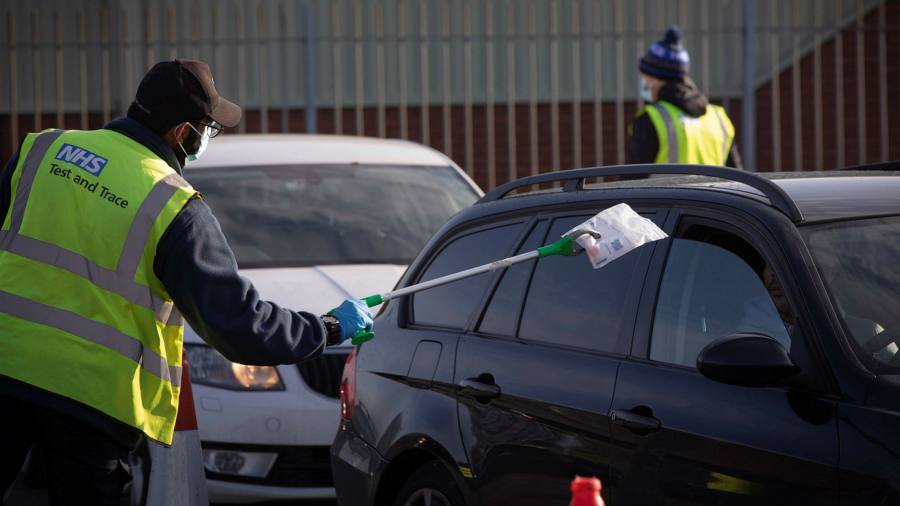[ad_1]
A UK minister has revealed that the government’s test and trace programme budgeted to spend £438m on “professional services†including management consultants since the start of the Covid-19 pandemic.
The total allocation, roughly 2 per cent of the £23bn of expenditure on the programme, was made public last week by Helen Whately, the minister of state for social care in an answer to a parliamentary question. In February test and trace disclosed it had used a total of 2,500 consultants.
Lady Dido Harding, the head of test and trace, has faced heavy criticism for the programme’s reliance on consultants and outsourcing companies since it was set up to tackle the first wave of the pandemic.
This month, parliament’s public accounts committee condemned the way the programme had already spent an “unimaginable†£23bn of its £37bn two-year budget, while failing to demonstrate that it has made a “measurable difference†to the spread of the pandemic.
Harding has defended test and trace pointing out it was carrying out more tests “than any other comparable European countryâ€. The latest official data show that laboratory testing capacity in the UK has soared from about 2,000 tests a day in the early days of the pandemic to about 750,000 in March.
The government also announced on Monday that it will begin piloting new gold standard PCR tests that can detect variants of concern, allowing test and trace to halve the time it takes to identify people infected with new strains and thereby contain their spread more effectively.
The UK currently relies on genomic sequencing of positive PCR tests, a more complex process that can take up to five days, to identify anyone infected with a more transmissible or more dangerous variant.
One official working at the test and trace programme previously told the Financial Times that the use of private consultants was necessary and justified to launch the new service at speed, but acknowledged it has been slow to stand down and replace them.
At least 73 consultancy firms have been hired to work on test and trace, among them Deloitte, the Boston Consulting Group, Ernst & Young, McKinsey and PA Consulting.Â
Concern around spending on consultants reached a peak when it emerged late last year that consultants at BCG were receiving a day rate of more than £6,600 for their work. Test and trace officials have said that the average day rate for consultants on the programme is £1,100.
One industry executive described the fee charged by BCG as “extraordinaryâ€, saying that there is “a lot of criticism of that company for what it didâ€. BCG declined to comment.
The public accounts committee described the day rates as “concerning†and said the programme needed to “wean itself off its persistent reliance on consultants and temporary staffâ€.
Tamzen Isacsson, chief executive of the Management Consultancies Association, noted that a wide range of consultancy firms were providing services for the test and trace programme, including small firms charging competitive rates. “The consulting sector has played its part in this nationwide effort,†she said.
The health department insisted it is scaling down the use of consultants and said in the past six months it has hired 650 civil servants to work on the test and trace programme.
But the department added that the use of consultants has been “instrumental in ensuring the programme meets the stretching targets we have been setâ€.
“Their specialist skills have enhanced our strategic, policy and operational capacity, ensuring that we break the chains of transmission faster,†the department said.
But Olivia Blake, a Labour MP who sits on the public accounts committee, described the expenditure as “an awful lot of money and personnel for consultancyâ€.
“They’ve brought in a lot of people to turn [the programme] around but it’s not clear yet that it’s been successful at all,†she said. “It does continue to raise eyebrows.â€
[ad_2]
Source link






